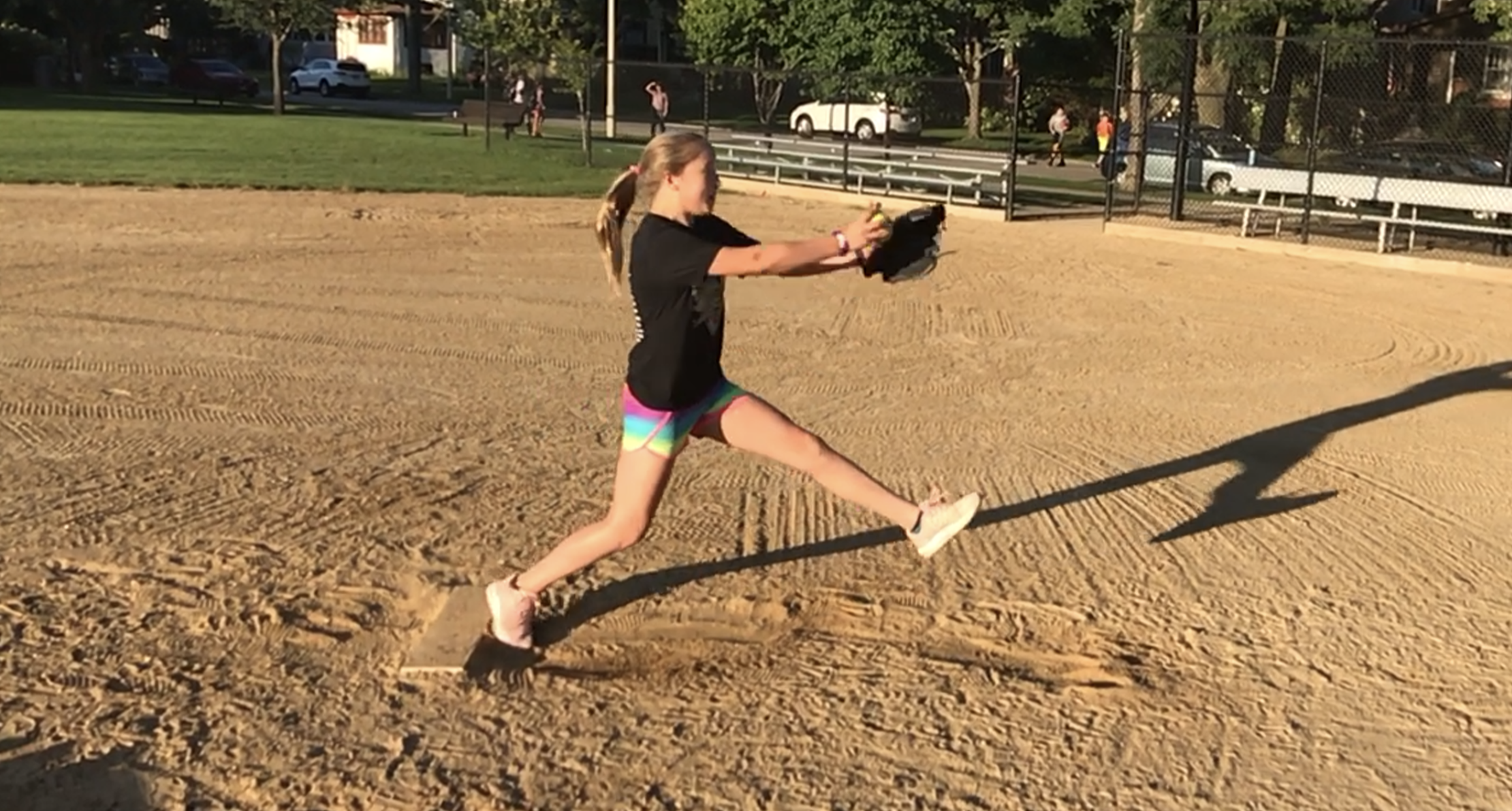What Parents Teach Us About Little Leagues: From Struggle to Strength
/Youth softball thrives not because of fancy facilities or big-name coaches, but because of the passion and dedication of parents who care. While hiring a professional coach can be helpful, the heart of any successful league or travel organization lies in the hands of parents—those who organize, communicate, cheer, and show up every week because they genuinely want their daughters to grow, improve, and have fun. It’s not about being an expert; it’s about being invested. The most effective programs I’ve seen aren’t run like corporations—they’re run like communities, led by parents who love the game and want to build something meaningful for their kids.
Read More





















